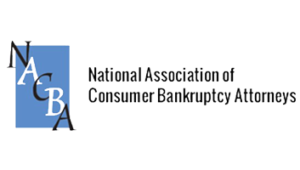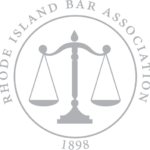Top 3 Bankruptcy Lawyers – Providence, Rhode Island – Attorney Mark Buckley, CFP
The Providence Law Office of Attorney Mark Buckley, CFP®, is pleased to announce being selected as one of the Top 3 bankruptcy lawyers in Providence, Rhode Island based on reputation, history, ratings, satisfaction, trust, cost and general excellence. Three Best Rated® was created to identify the top 3 local professionals, businesses, etc. in each city […]
Health Care Costs and Filing For Bankruptcy
Sometimes Bankruptcy is necessary to wipe out unpayable medical bills.
RI Bankruptcy Law: Median Income Figures Change Again
RI Bankruptcy filers will find it slightly more challenging to qualify for Chapter 7 bankruptcy relief with the newly released median income figures.
A Unique Opportunity: Second Mortgages in Chapter 13
A Chapter 13 bankruptcy may allow you to strip off an unsecured second mortgage on your home. Consult a qualified bankruptcy lawyer to discuss this option.
Choosing the Best Rhode Island Bankruptcy Lawyer
The best RI bankruptcy lawyer devotes his practice exclusively to Rhode Island bankruptcy work, handles your case himself, provides good communication, and charges a fair fee.




